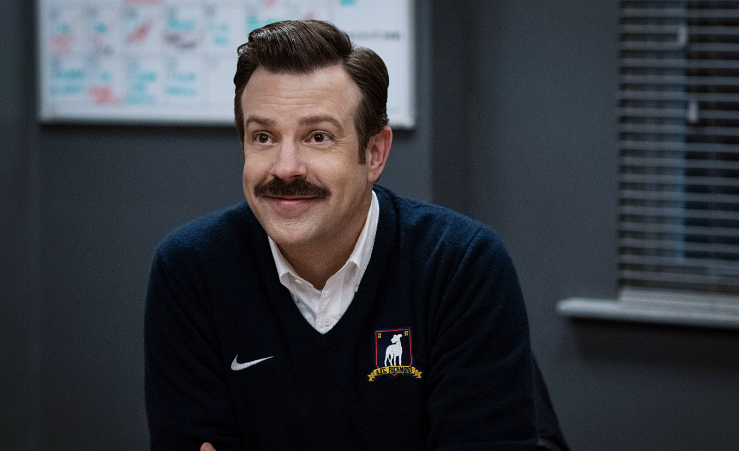Effective craft should be less about kerning and more about culture
Supermassive co-founder Jon Austin thinks the fictional soccer manager Ted Lasso can teach creatives a lot about ‘craft’, audience attention spans and compelling cultural content.
Man, how good was the season finale of Ted Lasso? I – and you, don’t lie – cried my eyes out. The kindness! The empathy! The Lasso Way of it all! That show is like a digital cuddle in these uncertain times.
And it’s no accident. Because the Lasso Way wasn’t always the Lasso Way.


